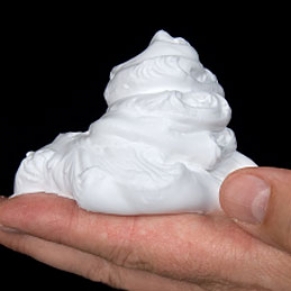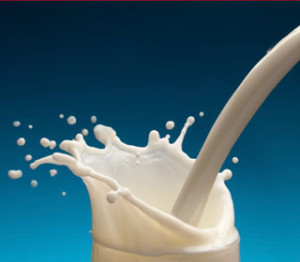Ever wonder what is in your shaving cream? Most people don’t think about shaving cream much and I don’t blame them. All that seems to matter is the smooth finish left behind after you shave, or that amazing clean smell. Well, you might be shocked to learn what is in these products.

There there are a whole slew of potentially harmful chemicals in AFTERSHAVE and SHAVING CREAM you should try to avoid.
The most common chemicals to look for in aftershave are:
–Benzyl acetate: linked to pancreatic cancer (may be absorbed through the skin). (2)
–Ethyle Acetate: May cause damage to the liver and kidneys, headaches and dehydration of the skin. (2)
–Terpineol: Linked to pneumonitis or even fatal edema if breathed into the lngs, central-nervous-system and respiratory damage, and headaches. (2)
If you are one of those guys that is obsessed with your “shaved-look” and want to learn a better/safer way to shave Eco-Savy highly recommends this great e-book called “Grooming Secrets For Men” (Click Here!). What we find so great about this book is that it addresses the following:
– Helps you determine what skin type you have

– Introduces you to the ONLY ALL NATURAL UNDER ARM DEODORANT THAT WILL KEEP YOU ODOR FREE for 7 days with just one application. (1)
– Teaches you proper anti-aging techniques to having amazing skin at any age. (1)
– Gives you great tips when buying skincare products. (1)
– Teaches you step-by-step how to still get that super close, smooth shave, with good products and little or no irritation. (1)
-Talks about the 7 most common grooming mistakes. (1)
References:
1. 2012 The Stylish Man. Available http://www.thestylishman.com/index.html?hop=ecosavy.. Online: April, 2013
2. Baillie-Hamilton, P. Toxic Overload. Penguin Group (USA) Incorporated. (2005)






